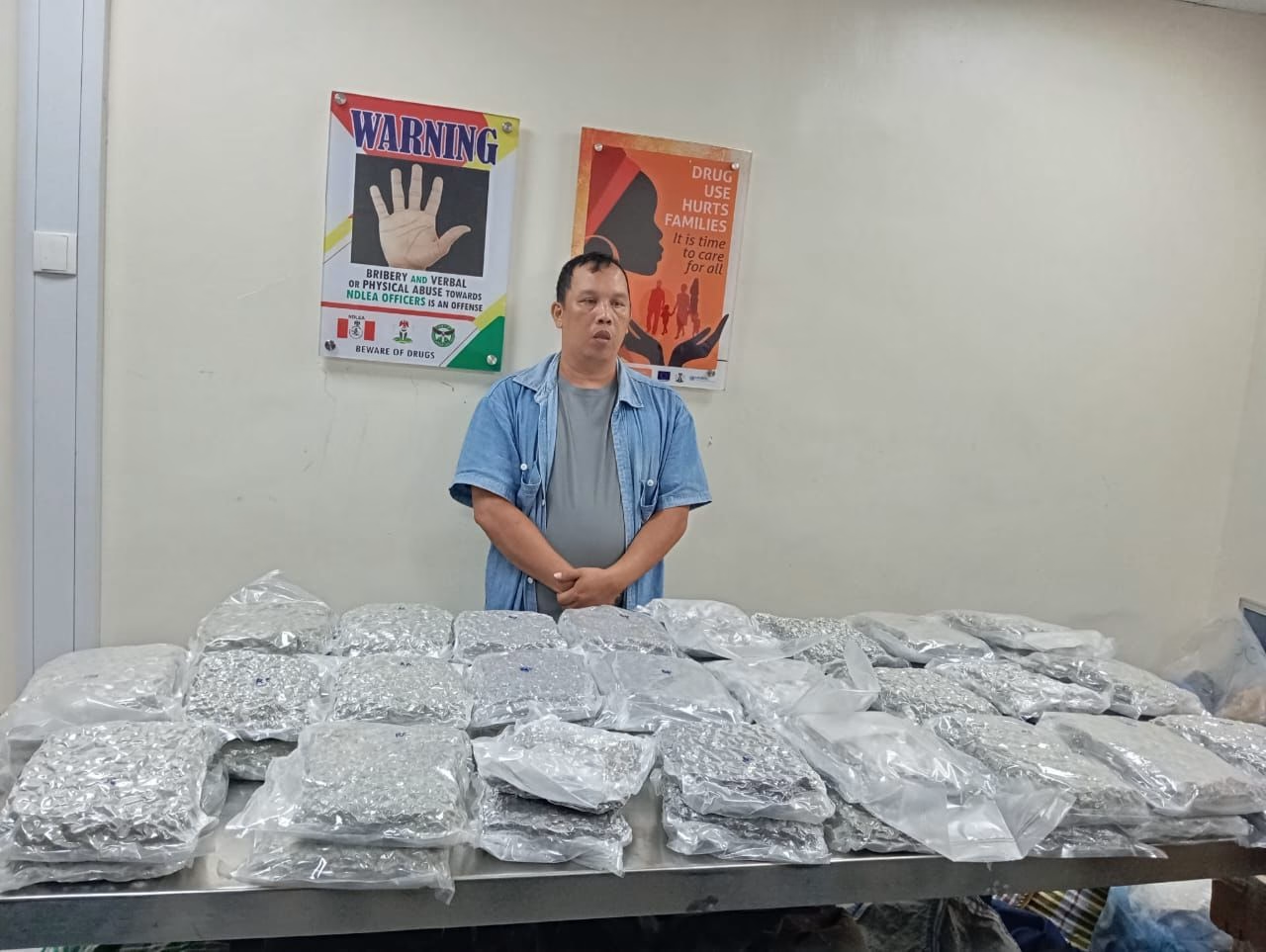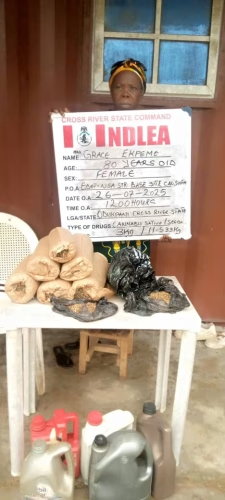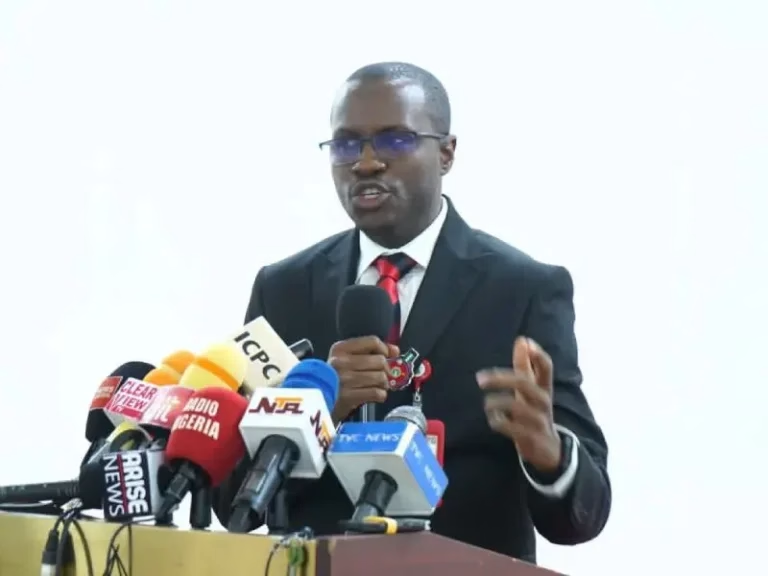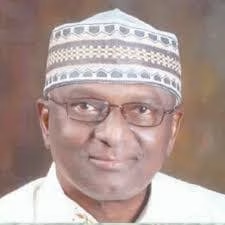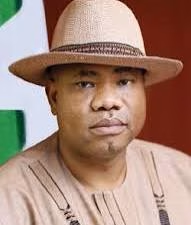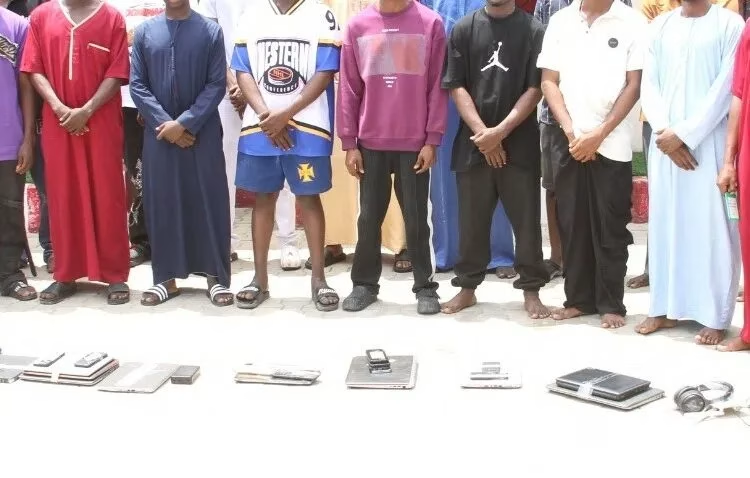By Ebinum Samuel
A Lagos-based human rights organisation, Africans for Human Rights International (AfriRights), has made a heartfelt appeal to President Bola Ahmed Tinubu, seeking urgent financial intervention for a severely ill and bedridden retired police officer, Adetarami Adegbehin, who reportedly sustained life-threatening injuries in a 2017 accident while on official duty.
According to a letter addressed to the President and Commander-in-Chief of the Armed Forces, Adegbehin, a former Superintendent of Police (AP/No. 54161), has been battling with the aftermath of a ghastly motor accident that occurred en route Abuja while serving as the Uyo Sector Commander of the Inspector General of Police Special Taskforce on Petroleum and Illegal Bunkering (IGPSTF). The incident, which took place along the Kabba road in Kogi State on March 24, 2017, has left him incapacitated and heavily indebted after years of unsuccessful medical treatments.

AfriRights, led by Comrade Dr. Afolabi Gbajumo, disclosed that despite multiple medical treatments at several hospitals, including Primus Specialist Hospital in Abuja, the National Orthopaedic Hospital in Igbobi, Reddington Hospital, Duchess International Hospital, LASUTH, and currently B.P. Frank Trado-Medical Orthopedic Clinic in Ikorodu, the Nigeria Police Force has failed to reimburse the officer for the accumulated bills incurred during and after his service. As at July 2025, the cumulative medical expenses stand at ₦25,579,655.

The organisation lamented the officer’s condition, stating that despite his loyal 35 years of service and notable achievements, including infrastructure development and community policing across various states, he has been abandoned by the authorities he served. AfriRights recalled several milestones achieved by Adegbehin during his active years, including the construction and renovation of police buildings in Ikeja, Ibadan, Sagamu, Badagry, and Ogba, largely mobilised through his goodwill, and community engagement efforts. Even while recovering from the accident, he continued contributing significantly to police development in Ogun and Lagos States.

The letter highlights numerous awards received by the retired officer in recognition of his selfless service. These include commendations from the United States Consulate, the Crime Reporters Association of Nigeria (CRAN), and several royal institutions across Nigeria. Despite such accolades and his dedication to national service, he remains neglected and in dire need of humanitarian support.
AfriRights has therefore pleaded with President Tinubu to act swiftly in settling the outstanding medical bills and offer further financial support to aid Adegbehin’s full recovery. The organisation argues that rescuing a man of such outstanding service and dedication would serve not only as justice but as motivation for other patriotic officers serving the country under harsh conditions.
At 59, Adegbehin, though still mentally alert and willing to contribute, remains confined to a bed in Ikorodu. The NGO emphasises that saving him from this prolonged suffering will show that Nigeria values its heroes, especially those who have risked their lives to protect others.
As of now, no official response has been made by the Presidency, the Police Force, or the Police Service Commission regarding the officer’s case. AfriRights continues to hope for urgent attention to this matter before the situation worsens.


